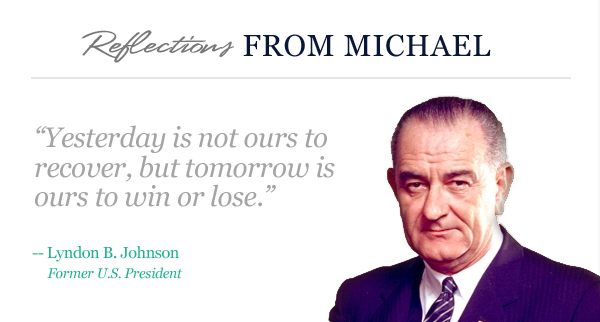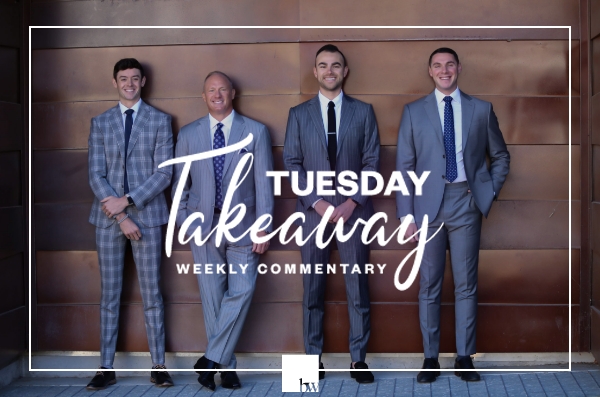“The fresh measures included cuts to all three of the ECB’s main interest rates, €20 billion a month of additional bond purchases atop the ECB’s current €60 billion ($67 billion) program, and an expansion of its quantitative easing program to highly rated corporate bonds – all more aggressive steps than analysts had anticipated. The central bank also announced a series of ultracheap four-year loans to banks, some of which could be paid to borrow from the ECB.”
Most national indices in Europe gained ground last week. The Financial Times Stock Exchange Milano Italia Borsa (FTSE MIB), which measures the performance of the 40 most-traded stocks on the Italian national stock exchange, was up almost 4 percent. Spain’s Indice Bursatil Español Index (IBEX 35), which is comprised of the most liquid stocks trading on the Spanish continuous market, gained more than 3 percent. Major markets in the United States moved higher, as well.
Of course, the harmony provided by global oil markets proved pleasing to investors, too. An International Energy Agency (IEA) report suggested more equitable supply and demand balances could mean oil prices have bottomed out. Barron’s offered a word of caution, “Investors shouldn’t get too comfortable when it seems that oil moves and central-bank maneuvers are the main reason stocks go up or down, not earnings and economic growth.”
*Set to the tune of Kool and the Gang’s ‘Celebration.’ You know, “Cel-e-brate good times! Come on! It’s a celebration.”

Here’s Some Good News
Healthcare spending is expected to increase more slowly during 2016! It’s projected to grow by 6.5 percent this year, according to a report from PWC. That’s still a lot faster than inflation. The Economist projects overall consumer prices in the United States will increase by 1.2 percent this year.
The report suggested several factors are contributing to lower healthcare spending, including:
* The Affordable Care Act’s Cadillac Tax. PWC reported the tax “…is motivating businesses to enact high cost-sharing. Their workers are already responding to the higher deductibles by scrutinizing what services are necessary and which are not…cost sharing can backfire if the employee foregoes preventative care and faces years of chronic illness.” Twenty-five percent of employers offer only high-deductible healthcare plans for employees.
* Virtual healthcare. Telemedicine appears to be the next big thing in medicine. Doctors making house calls using real-time audio and video is the gold standard for service, according to the Modern Medicine Network. Remote patient monitoring, pre-recorded videos, and computer-assisted or message-based communications also are being offered.
* New health advisors. A new variety of healthcare company is making information about facilities, providers, services, and pricing more accessible. In some cases, financial incentives encourage employees to seek treatment at a preferred facility.
These gains are more than offset by factors that are pushing healthcare spending higher, including:
* High-cost specialty drugs. PWC reported specialty drugs are becoming a focus for the pharmaceutical industry. “With 700 specialty products currently in development, these investments will soon surpass traditional drug investments…According to a recent Express Scripts report, total national prescription spending increased 13.1 percent last year to about $980 per person.”
* Cyber security investments. Healthcare organizations are spending heavily on cyber security to protect patients from data breaches. The cost of a breach is about $200 per patient record. The cost of security is about $8 per patient record.
It’s critical to factor healthcare spending into retirement plans. In 2015, the Employee Benefits Research Institute (EBRI) found a 65-year-old man needs $124,000 in savings and a 65-year-old woman needs $140,000 if each wants a 90 percent chance of having enough money saved to cover healthcare expenses in retirement. EBRI’s analysis did not include the savings needed to cover long-term care expenses.

]]>



 ]]>
]]>